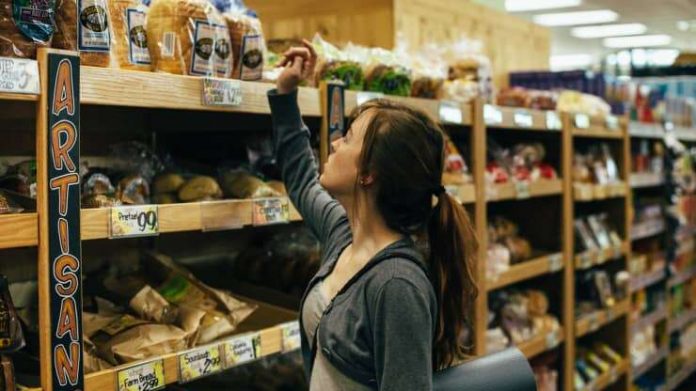Consumers are paying a little bit more for just about everything than they did a month ago, and significantly more than they did for the same goods in 2020.
The consumer price index, which measures changes in how much Americans pay for certain goods and services, rose 0.4% in September, the Labor Department reported Wednesday, driven largely by increases in food, shelter and gasoline. Year-over-year, prices increased 5.4%, the largest jump since January 1991.
It’s a continuation of an inflationary trend consumers have experienced for nearly all of 2021. Here’s how much prices have increased over the past year in key categories, according to the Labor Department:
- Rental cars: 42.9%
- Gas: 42.1%
- Used cars: 24.4%
- Hotels: 18%
- TVs: 12.7%
- Furniture: 11.2%
- Meats, poultry, fish and eggs: 10.5%
- New cars: 8.7%
- Appliances: 7.1%
- Electricity: 5.2%
- Restaurant prices: 4.7%
- Rent: 2.9%
What’s causing inflation
The swings in price can largely be attributed to the Covid-19 pandemic, for a number of reasons. Car prices, for example, are being pushed up thanks to a combination of an ongoing chip shortage and low inventory, among other factors. At the same time, airfare and other travel expenses look so much more expensive today relative to 2020 because no one was flying a year ago, thus depressing prices.
While economists have insisted for months that inflation is temporary, prices have continued ticking up. Everyday Americans are left feeling the sting in their bank account today: Wages grew just 4.6% in September compared to a year prior, far below the 5.4% year-over-year price increase.
“While some of the so-called transitory factors like used car prices, airfares and apparel continue to ease after sharp run-ups in earlier months, inflation is broadening out,” says Greg McBride, chief financial analyst at Bankrate.
McBride says that increased housing prices are especially worrisome for the average family. “The rise in shelter costs will exacerbate the negative financial impact so many households are feeling from higher prices,” he says.













